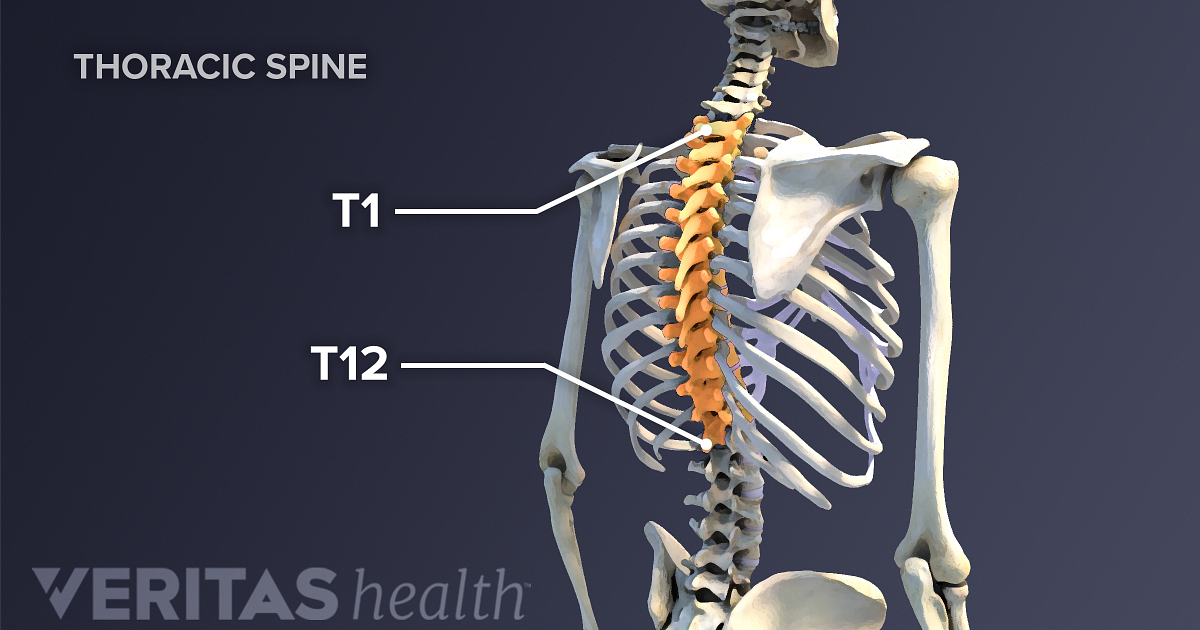

Spinal problems can interfere with communication between the CNS and the intrinsic nervous system that the body requires for healthy digestion.Ī doctor may recommend various treatments and management options for spinal-related digestive issues, depending on the underlying cause. As a result, if something damages or interferes with the extrinsic nerve supply to the stomach, it may cause symptoms such as: In contrast, the stomach and esophagus, or food pipe, depend on the input from the extrinsic nerves from the brain stem. For example, the small and large intestines have considerable independent nerve control and can function without communication from the extrinsic nerves. The intrinsic nervous system can function independently. They also control the production of digestive juices. These nerves then release substances to speed up or delay the food’s movement through the gut. These nerves become activated when food stretches the walls of the intestines. Intrinsic nerves are the local nervous system of the intestinal tract. They release chemicals that cause the digestive system muscles to contract or relax. Two types of nerves control the digestive system: extrinsic and intrinsic.Įxtrinsic nerves connect the digestive organs with the brain and spinal cord. The spine is the body’s information superhighway, and therefore, spinal problems can interfere with vital communication to the GI tract. Why spinal issues may cause digestive issues


Doctors may misdiagnose the condition and mistake it for other GI problems. In rare cases, tumors of the spinal cord can cause abdominal pain. People with this condition often experience chronic digestive tract inflammation that resembles IBD. As a result, a person’s spine curves forward. Ankylosing spondylosis is an inflammatory disease and a type of arthritis that can cause the vertebrae to fuse. Moreover, health experts associate ankylosing spondylosis, which is another spinal condition, with inflammatory bowel disease (IBD).

difficulty moving waste through the colon or large intestine.Spinal cord injuries can cause various bowel problems, including: Spinal cord injuries, compressed or herniated disks - depending on the location and severity of the herniation - and strained ligaments may result in issues with digestion. Therefore, any issues impacting the function of the spinal cord and the proper communication between nerves can potentially cause digestive problems. The spinal cord is responsible for sending nerve signals throughout the body, including the digestive system. Spinal problems can cause digestive issues. Share on Pinterest Westend61/Getty Images It also looks at some common spinal problems, why they may result in digestive issues, and what treatment and management options are available. This article explores the link between spinal problems and digestive issues. However, with other spinal issues, such as herniated disks, healthcare professionals can address symptoms with medications and surgery. Several studies, which we cite below, have found links between spinal problems and GI symptoms, such as:ĭoctors cannot successfully treat the underlying cause of some spinal problems, and therefore, they aim to manage symptoms instead. Therefore, conditions that affect the spinal cord may also affect the gastrointestinal (GI) tract. The CNS governs voluntary movements, such as walking, and involuntary movements, including those involved in digestion. The central nervous system (CNS) consists of the brain and the spinal cord and controls most functions of the body and the mind.


 0 kommentar(er)
0 kommentar(er)
